
Check out more articles and resources at: GetTherapyBirmingham.com
In times of crisis like these it may not be a bad idea to get outside of the models that you usually use to treat patients. Anxiety is not always a “cognitive distortion” or an “irrational belief”. Anxiety is sometimes, as existential therapy posits, a normal response to life and the human condition. We are sometimes meant to examine anxiety and use it for growth and greater understanding of who we are meant to become
1. Look to Philosophy, Look to History, Look to Spirituality
Times where our society is unable to cope with circumstances at hand often put clients in touch with their own mortality and humanity. Remind patients that NO ONE is born with the tools to handle times like these, but that that does not mean that we cannot learn to make our own meaning. We may feel alone right now, but we are all united in the “not knowing” of this moment.
Remind clients that humanity and civilization have been faced with paradigm breaking developments that defied humanity’s attempts to make sense of the world. This is not a bad thing, but an opportunity for growth that not everyone and every generation is given. Taking therapy down this road will often result in clients opening up about events and characters from history, their religious tradition, and fiction that they relate to and draw inspiration from.
Encourage clients to reconnect with these passions and interests. It is important to impress that even though this feels new, it is not new. Many people have confronted the same unknown we find ourselves in now. There have been millions of people before us and will be millions of people after us. This may seem like a sad story right now, but it is also an old one across history. One client told me once “I don’t know why it makes me feel better when you tell me depressing things, I think it makes me focus on what is really important”. Existential therapy is useful for putting people back in touch with what it is they really want out of life and where they have lost sight of that. Times like this can be scary, but can also remind us of what is important.
“There exists an allegiance between the dead and the unborn of which we the living are merely the ligature.”
― Robert Pogue Harrison, The Dominion of the Dead
2. Become Comfortable with the Mystery of Life. Become Comfortable with the Unsolvable Problems.
Our nation began to lose its sense of spirituality and numinous quality when we began to believe that accomplishment, hard answers, and solving problems was the point of life. Existential counseling presupposes that there are unsolvable problems in life. It does not interpret these problems away, or call them irrational.
As a society we hide children from the dying, and often even from the elderly; not allowing young people to understand this important stage in the life journey. We do not value the wisdom of the aged; we simply treat their cultural experience as out of date. It is our general cultural practice to pretend that we are immortal.
We hide from death and all trappings of death until it is too late. We wait until we are at the end of our life journey and we have not developed any tools to help us understand how to age or how to die. This practice is to our own deficit and the deficit of our culture. I often tell patients that “death is the last lesson you teach your children”. When dying we are teaching our children if death is a normal part of life or that the acceptance of death is an insurmountable dragon that we have not overcome.
The narcissist sees their own reflection in people that are the same as them, and act like mirrors to worship their self as it is now. The actualized person finds parts of their soul in people who are different than they are, like divining pools through which to discover the self that we want to become.
When I first started doing social work I worked with geriatrics and the dying. One of the first things that I noticed was that there is a direct correlation between being able to accept your own finite nature and being able to feel empathy. People who are not able to accept that their own life will end cannot really love well. They do not die well either. People who believe certain group affiliations, accomplishments, or possessions have made them important always seem to be miserable at the end of their life.
They have lived their lives believing they are exceptions to the rules to life and cannot accept that the end of life will apply to them. We are all equal at the beginning and end of life but sometimes we forget that we are all equal in the middle. When we refuse to see the universal value that all humans have, we do it to insist that us and people like us are more special. Empathy is impossible to these people because compassion is limited to people of a certain group affiliation or accomplishment level that remind them of themselves.
We have to come to some terms with death to be healthy people. We also have to be aware of death. Millions have gone before us and millions will come after us. We are a link in a chain. We know deeply that it is our job to keep humanity going. That we owe this to humanities future, and to its past. When we work with hospice or work with children, we feel this connection to a larger humanity beyond our own time. Psychological health can be seen as a connection to this process. Neurosis is an attempt to separate oneself from this process and live life self obsessed or abstracted.
“When we are young we are often puzzled by the fact that each person we admire seems to have a different version of what life ought to be, what a good man is, how to live, and so on. If we are especially sensitive it seems more than puzzling, it is disheartening. What most people usually do is to follow one person’s ideas and then another’s depending on who looms largest on one’s horizon at the time. The one with the deepest voice, the strongest appearance, the most authority and success, is usually the one who gets our momentary allegiance; and we try to pattern our ideals after him. But as life goes on we get a perspective on this and all these different versions of truth become a little pathetic. Each person thinks that he has the formula for triumphing over life’s limitations and knows with authority what it means to be a man, and he usually tries to win a following for his particular patent. Today we know that people try so hard to win converts for their point of view because it is more than merely an outlook on life: it is an immortality formula.”
― Ernest Becker, The Denial of Death
3. Accepting the World That we Live In
The stages of grief are always that we try to put off accepting something that we know is true. We try to deny truth and it makes us anxious. We get angry enough to change truth and we become unbearable. We try to bargain with reality and it makes us neurotic. We try and resign from the world and it makes us depressive. Refusal to accept something is the refusal to admit that you do not have the power to change it.
Many of the problems with anxiety and depression that I see clinically center around patients trying to put something out of their consciousness that they know unconsciously to be true. In brief, we often try to “not know” things that we know because they are to threatening to our sense of self, too painful, or too terrifying. Jung said that the unconscious mind controls us until we make the unconscious conscious, and I see this mechanism in action all the time with my patients.
As adults we must realize that the world does not follow the sense of justice we try and impose on it. The people in charge are not always wise. Bad things happen to good people. I once had a patient tell me about a repressed memory “I can’t know, that he smiled after he hurt me because I can never be safe in the world or in a relationship again”. Clinical symptoms often come by patients resisting a realization they do not think they can handle.
As a Jungian clinician much of my work centers around helping patients let go of the self that they are now in order to discover the self that they want to become. I ask patients often “what within you needs to die so that the rest of you can live?”. We have an idea of who we are and what we can handle. Any knowledge that is threatening to that image becomes forced into the unconscious mind.
Our job as clinicians is to teach patients that they are strong enough to know these things about themselves and about the world. We must accept the world as it is and still be strong enough to go on. Accepting the horrors and uncaring nature of the world will make life a scarier place. It will also allow us to become aware beings in touch with the inner strength required to handle this truth. It is only after we have accepted ourselves and the world that we can truly realize who we are and who we are meant to be.
“The world is the closed door. It is a barrier. And at the same time it is the way through.
Two prisoners whose cells adjoin communicate with each other by knocking on the wall. The wall is the thing which separates them but it is also their means of communication. … Every separation is a link.”
― Simone Weil, Gravity and Grace
4. Your Life Has as Much Meaning as You Make it Have
Patients often tell me that life is meaningless, and I tell them that life as as much meaning as they make it. Psychotherapy has a morally relative quality but ultimately we are the sum total of our choices and their effect on others, nothing more. We mean as much as the connections that we make with others and the bonds that we forge. All human connection is imperfect and impermanent, but it is the only tool we have to make our lives matter
James Hillman was fond of saying that love is imagination. We ourselves bear the responsibility of creating a way to be connected to other beings. We have to discover through our own creativity how it is that we will make ourselves whole. No one can tell us how to do this which is one of the parts of human nature that is so infuriating and so validating.
I believe that we are born as an acorn and are supposed to die an oak tree, but not everybody gets there. Most people don’t grow into oak trees. No one has to tell the oak tree what it is supposed to become. When it gets sunlight and water it knows, and it grows. Often times it is too hard to listen to the voice of our own acorn. We are to scared, to overwhelmed, or wait for others permission; and we die as saplings.
I tell all my clients that they are the best expert in how to be the best them. I am just here to help them find that calling. The self that you are right now is not the self that you are supposed to be ten years from now. If we do not slow down and find the things that give our lives meaning we will not grow. It is our job as clinicians to keep clients honest about who they really are, and what they want to be. We are remiss if we view our job only as reducing symptoms and not as placing clients on a course to live life in the ways they are called too, not the ways they have been told are right. No one can complete this task for you, but it will be easier for all of us when we build safe connections with others that value us for who we truly are
Someone’s got to do some more research, but I would really like to know: when a CBT therapist really gets distressed, who does he go see? I just have a strong sense it’s not another CBT therapist. I think he wants to go out and search for somebody who’s wise and can help him explore deeper levels. There’s probably psychotherapy research out there that I haven’t read, but it would be interesting to know that. If you come across the data let me know. I certainly see a lot of them in therapy
-Irvin Yalom, Existential Therapist
Existential Therapy Reading List
The Dominion of the Dead by Robert Pouge Harrison
The Denial of Death by Ernest Becker
The Souls Code byJames Hillman
Existential Therapy by Irvin Yalom
Gravity and Grace by Simone Weil
“The beauty of the world is the mouth of a labyrinth. The unwary individual who on entering takes a few steps is soon unable to find the opening. Worn out, with nothing to eat or drink, in the dark, separated from his dear ones, and from everything he loves and is accustomed to, he walks on without knowing anything or hoping anything, incapable even of discovering whether he is really going forward or merly turning round on the same spot. But this affliction is as nothing compared with the danger threatening him. For if he does not lose courage, if he goes on walking, it is absolutely certain that he will finally arrive at the center of the labyrinth. And there God is waiting to eat him. Later he will go out again, but he will be changed, he will have become different, after being eaten and digested by God. Afterward he will stay near the entrance so that he can gently push all those who come near into the opening.”
― Simone Weil, Waiting for God.

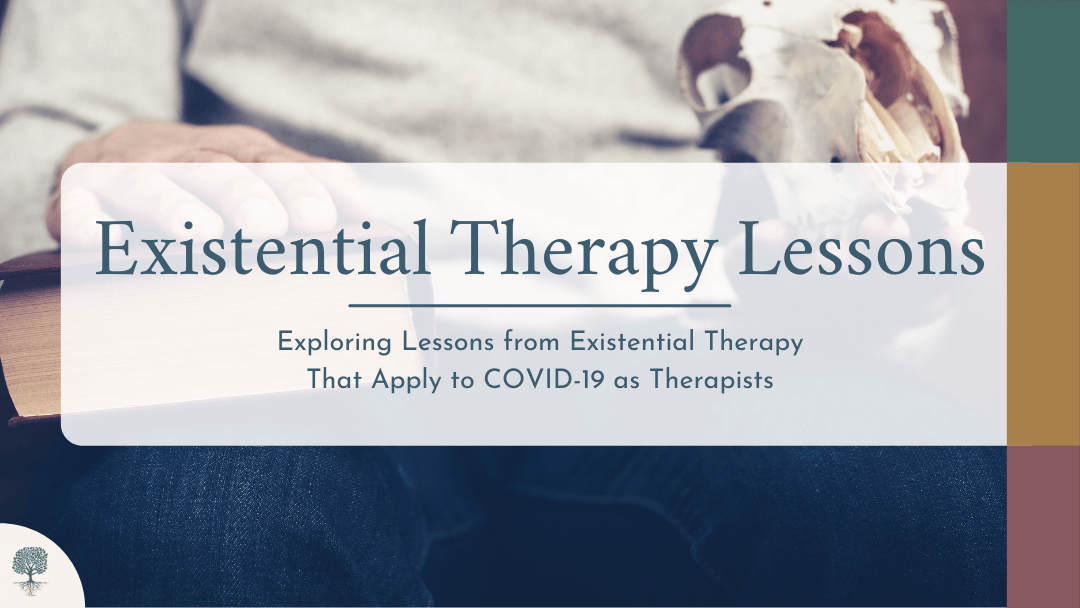
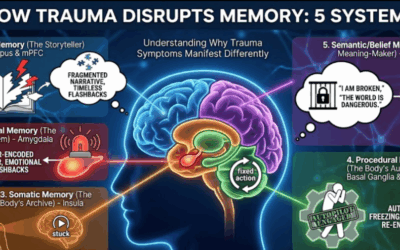





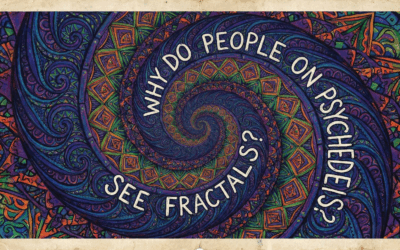

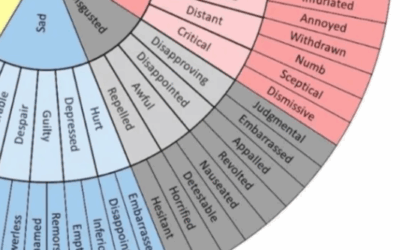
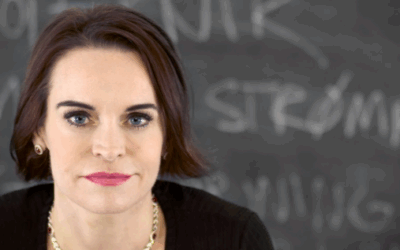


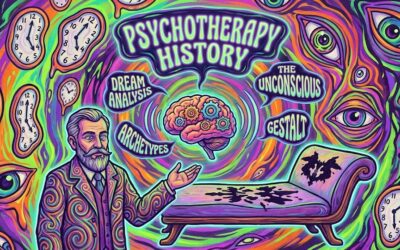
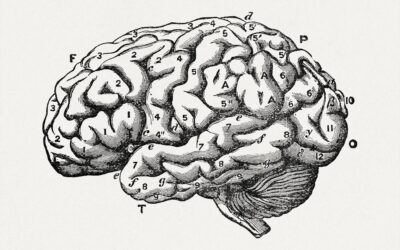




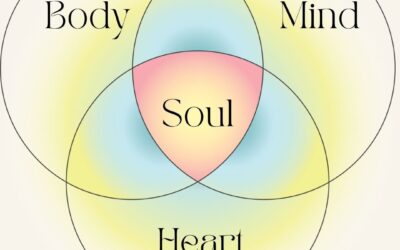



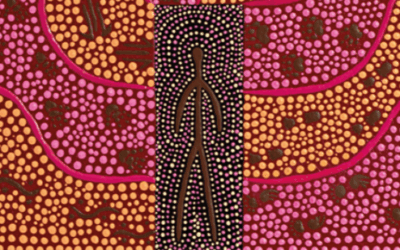


0 Comments